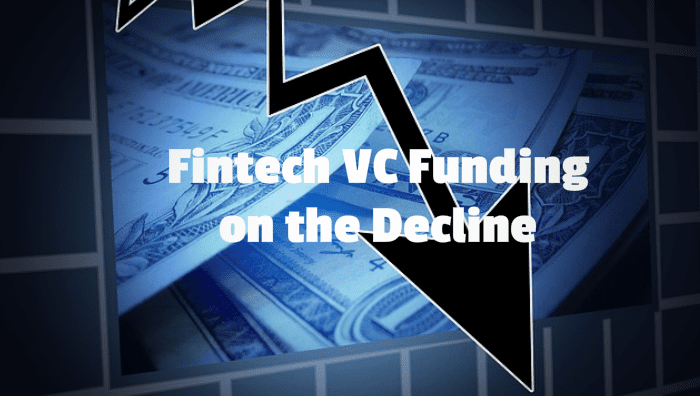According to a call co-hosted by Lawrence Wintermeyer of Forbes and Peter Renton of LendIt, fintech venture funding has declined both in the U.S and the U.K. This could indicate a global decline as both countries are leading global fintech hubs. The following big names in the venture industry participated.
- Matt Harris of Bain Capital Ventures
- Sheel Mohnot of 500 Startups
- Alston Zesha of Eight Road Ventures
- Luis Valdich of City Ventures
In 2016, venture funding for fintech in the US fell by 13% to $6.2 billion. Much of this decline is attributable to poor performance by lending platforms coupled with a contraction of investment as venture capital firms went slow on investments to figure out what would be the most profitable fintech investment in future. Notably, during the year 2016, there was no new digital bank established in the U.S.
The situation in the UK was not any better as there was even a greater decline in VC fintech investment during the same year, 2016. The sector attracted only $834 million worth of investment, translating to a 38% decline. This turn of events has since been attributed to the Brexit referendum vote. However, unlike in the U.S where fintech lending has been on the decline, the subsector has been on the rise in the UK. In fact, peer to peer lending has moved a notch higher earning the authorization of the regulator. Significantly, Atom and Monzo, new digital banks, attracted a total of more than $150 million in funding in the first half of 2017. This further demonstrates the differences between the UK and US digital banking and fintech lending trends.
Some Fintech Subsectors Thriving
Despite the general decline in fintech VC funding, some sectors are still thriving. For instance, the payments subsector has witnessed sustained growth. Similarly, Insurtech is flourishing especially as far as seed investment is concerned. However, the amount of money required to invest in underwriting and regulatory compliance prohibits venture investment especially by small early stage players. Moreover, there is the emergence of RealEstateTech/MortgageTech that has gained considerable importance and is being watched closely.
Fintech Enterprise Solutions
Fintech enterprise solutions have increased with innovations around machine learning, distributed ledger, big data and cloud heralding the entry of global tech giants into the fintech sector. This is being viewed as a late cycle phenomenon showing that the fast major cycle of fintech VC is coming to an end.
Capital Markets
There is a longer term bullish view in the fintech capital markets, thanks to the deep product content knowledge among entrepreneurs. Additionally, regtech and wealthtech have the potential to reduce the costs of operating in this space.
Increased Collaboration in the Financial Services Sector
Collaboration between traditional financial institutions and fintech startups has been on the rise. While investments by the traditional financial institutions is not tracked, industry commentators have suggested that their investment in areas such as accelerators, co-labs, corporate venture capital, consortia and principle investment has increased. This is happening at a time when VC funding is on the decline.
As this article has demonstrated, there is a decline in fintech VC funding but that does not necessarily spell doom for the sector.



































